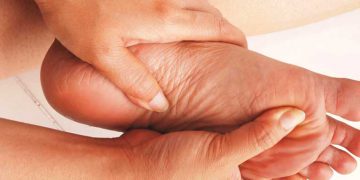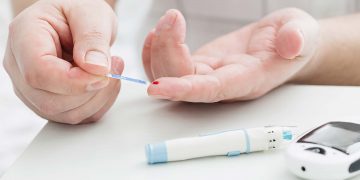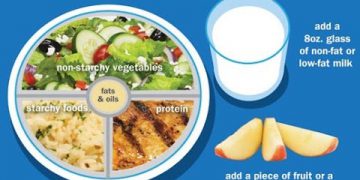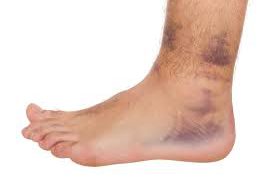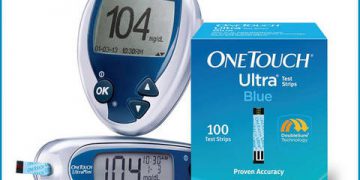If you have diabetes and heart disease is on your mind you are not alone. Whenever you have diabetes type 1 or diabetes type 2 there is an increased risk of developing diabetes. As the symptoms of diabetes degenerate into severe complications of diabetes organs of the body becomes affected, the liver, the kidney and the heart.
How are diabetes and heart disease linked?
People who suffer from type 1 diabetes and type 2 diabetes are more likely to be at risk from high blood pressure, angina, heart attacks, and strokes.
According to diabetes.co.uk “Vascular problems, such as poor circulation to the legs and feet, are also more likely to affect diabetes patients and like diabetes itself, the symptoms of cardiovascular disease may go undetected for years.”
Furthermore, they suggested that the risk of coronary heart disease associated with type 2 diabetes is about 50% greater in women than it is in men.
Who does heart disease affect?
Heart disease does not only affect the middle-aged and elderly but may develop in diabetics before the age of 30. Both type 1 and type 2 diabetics are at greater risk of developing heart disease.
What is the cause of heart disease amongst diabetics?
Diabetes may change the make-up of blood vessels, which can lead to severe cardiovascular disease. It occurs by thickening the lining of the blood vessels and therefore may impair the blood flow around the body. The resulting condition normally lead to heart problems and the possibility of stroke is an ever present danger.
What are the symptoms that can identify heart disease?
The following are the most common symptoms of heart disease. Remember that these symptoms may vary for person to person.
- Pain in the chest
- Short of breath
- Irregular heartbeat
- Swelling of ankles
How can I prevent treat of diabetes and heart disease?
To prevent diabetes and heart disease, a number of factors must be considered. It is very important that you control your weight – through regular exercise and a balanced diet.
It is much better that you Do not smoke, and if possible do not drink strong drinks – limit the amount of alcohol that you consume. Consult your physician and always base your program of prevention on solid advice and scientific instructions.
How do I assess my risk of heart disease?
To assess your risk, it is necessary to take an EKG (electrocardiogram).
If you are worried you should have cholesterol and blood pressure check-ups, and have your physician do a pulse measurement.
What is cholesterol?
According to the familydoctor.org “Cholesterol is a waxy substance your body uses to protect nerves, make cell tissues and produce certain hormones. All the cholesterol your body needs is made by your liver. Cholesterol in the food you eat (such as eggs, meats and dairy products) is extra. Too much cholesterol in your blood can clog your arteries.
You’ve probably heard about “good” and “bad” cholesterol. “Bad,” or LDL (which stands for low-density lipoprotein), cholesterol can clog your arteries and lead to heart disease. “Good,” or HDL (which stands for high-density lipoprotein), cholesterol carries unneeded cholesterol away from body tissues. This lowers your risk of heart disease.”
Do not forget the fundamental – Controlling your blood sugar levels is essential in terms of treatment and prevention.
Reference:
diabetes.co.uk
familydoctor.org

